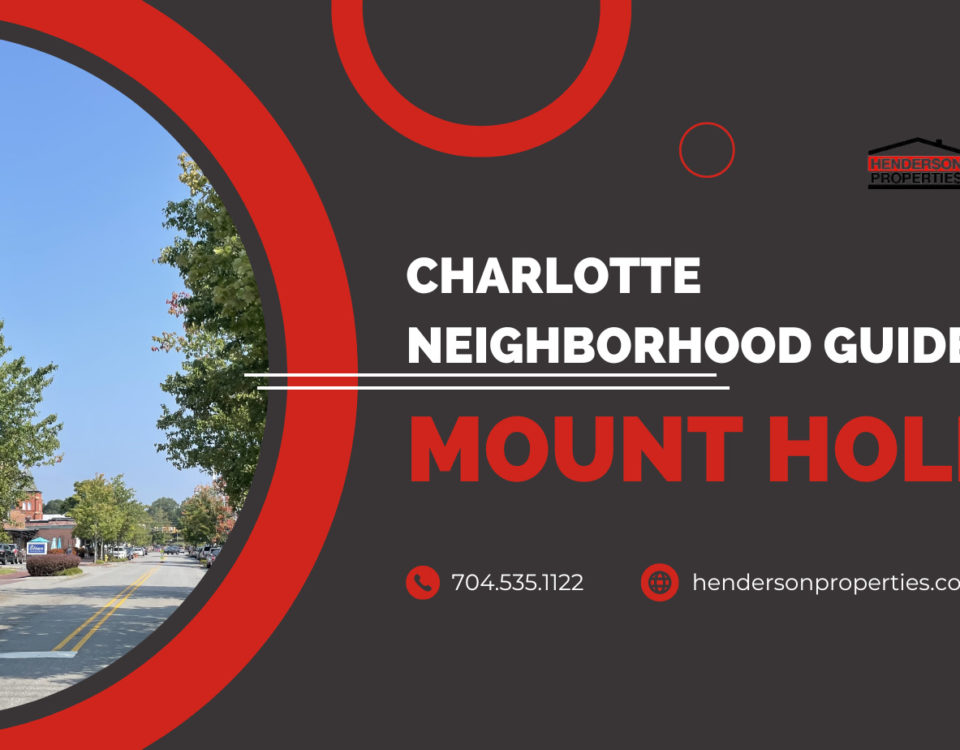- Walk-in Traffic is by Appointment Only - More Details
First Time Home Buyer Guide: Top 10 Things Every First Time Home Buyer Should Know
First Time Home Buyer Guide: Is buying a foreclosure smart for a first-time home buyer?
May 1, 2013Got Cash? 5 Benefits of Purchasing Your Home Without Financing
May 9, 2013As a first-time home buyer, chances are you are going through a roller coaster of different emotions. You are excited to finally take the leap into home ownership, but you also have the horror stories your friends have told in the past playing over and over again in the back of your mind.
Buying your first home does not have to be a horror story if you take the time to prepare for the process and to avoid all of the common mistakes that inexperienced buyers make. By taking the time to understand the current market conditions and how these conditions can affect your ability to borrow or buy, you will feel more at peace with your decision to proceed or wait.
Believe it or not, now is the time for a first-time buyer to buy. With home values steadily rising and record-low mortgage rates being offered to quality borrowers, individuals who have been saving to buy their first home may want to take the plunge now in the buyers’ market.
No matter how great the market conditions may seem, there is plenty of information you will need to know to avoid making the common mistakes that rookie real estate buyers make. Here are the 10 things you should know before you choose a property or enter into a long-term mortgage contract:
10 Questions You Should Have the Answers to Before Buying Your First Home
- How much can you afford to pay for your mortgage in addition to other monthly bills?
- Is getting pre-qualified enough?
- Do you have the right buyer’s agent?
- Which mortgage is right?
- What documents will you need to complete the mortgage application?
- What is the difference between must-have features and desires?
- What is a reasonable first offer?
- Is an inspection necessary?
- Is a contingency clause necessary in a mortgage contract?
- Is home insurance required?
You should know just how much you can afford to put down on your home and how much you can afford to pay each month before you even start viewing properties. If you are buying your first home, you have probably been looking at listings online for quite some time. You might believe that you can afford to pay $2500 per month, but have you considered all of the additional expenses that are associated with owning a home? As a homeowner, you will be taking on more bills. Insurance, property taxes, maintenance, and utilities will all add up. You also cannot forget your other debts when you budget how much house you can afford.
Ultimately, when you finance a home, the lender is going to tell you how much they believe you can afford. You can always go under this limit, but you only have the option to go over if you are willing to pay the difference in cash. By using a mortgage calculator, there is a good chance you can get an idea of how much you will qualify for before you are qualified. This will help you search in the right price range so that you have realistic expectations.
Another step to take before you start viewing properties is getting pre-approved for a loan. You might think that pre-qualified letters are enough to make an offer, but practically none of your financial information is verified for a pre-qualification. When you apply for a pre-approval, the lender will run your credit and verify your financials so that you know how much the lender believes that you can afford. This letter is also essential when you are making an offer to show the sellers that you are worth negotiating with.
When you are buying a home, you need an agent that will represent you. A buyer’s agent has a fiduciary responsibility to only you as the buyer. They will show you listings, ask you about your goals, and help narrow down a list of properties that will meet your needs. Make sure you take the time to interview agents before you sign any agreements. Screening an agent should be similar to how employers screen interviewees. You should identify strong suits and weaknesses so that you choose the right professional to find you the perfect home.
If you are not a finance expert, deciding which mortgage is right for you all by yourself may be difficult. Before you choose a fixed rate or adjustable rate mortgage you should ask your banker every question you can think of. If you earn a fluctuating income, you may need a different mortgage than a salaried professional. If your financial situation will change for the better, this should be considered. Be sure that your mortgage banker knows your whole situation before letting them recommend different financial products.
The bank can easily run your credit report to review your score and your history. You will also need your W-2’s, bank statements, asset statements, and pay stubs from the last 3 to 6 months to complete your application.
Learning how to separate your wants from your needs is critical. When you are working with your agent, you may be asked to construct a list of wants and must-haves. Must-haves may include the number of bedrooms, the location, a garage, a yard, or other property features that cannot easily be changed. Wants may include items like granite counter tops, hardwood floors, and a pool. Make sure not to cross a home off the list is you can easily upgrade the home. After all, you can upgrade counter tops but not location.
In a perfect world, your first offer will be accepted by the seller. In the real world, there will be competition and you have to keep this in mind when you are submitting your first offer. Consider the listing price, the current market conditions, comparable sales reports, and asking for credits instead of making the offer too low to make your offer stand out. Your agent should give you advice, but ultimately you will be the one deciding how much you are willing to pay.
Not only should your offer be contingent on the inspection, the inspection is a requirement when you are financing a home. Just because a property looks like it has been well maintained does not mean there are not hidden expensive issues that need to be fixed. Find out how much you will need to invest into a home before you proceed in buying it. This can also give you bargaining power if issues do arise.
Mortgage loans take time to close. In the event that you lose your job, or the home appraises below the purchase price of the property, you will lose the money you have placed down to secure the property unless there is a contingency clause. Life happens and protecting yourself when things do not go as planned is imperative.
If you are financing your home, you must have home insurance before you can even close your loan and get your keys. It is important to work with an insurance agent weeks before your appointment to close so that there are no problems. Be sure that the mortgagee is listed just right on the policy or it could delay the process.As you can see, there are plenty of questions you will need answers to when you are buying your first home. By building the right team of professionals, you can make the process all the easier. Get the right mortgage, the right agent, and ultimately buy the right home.



